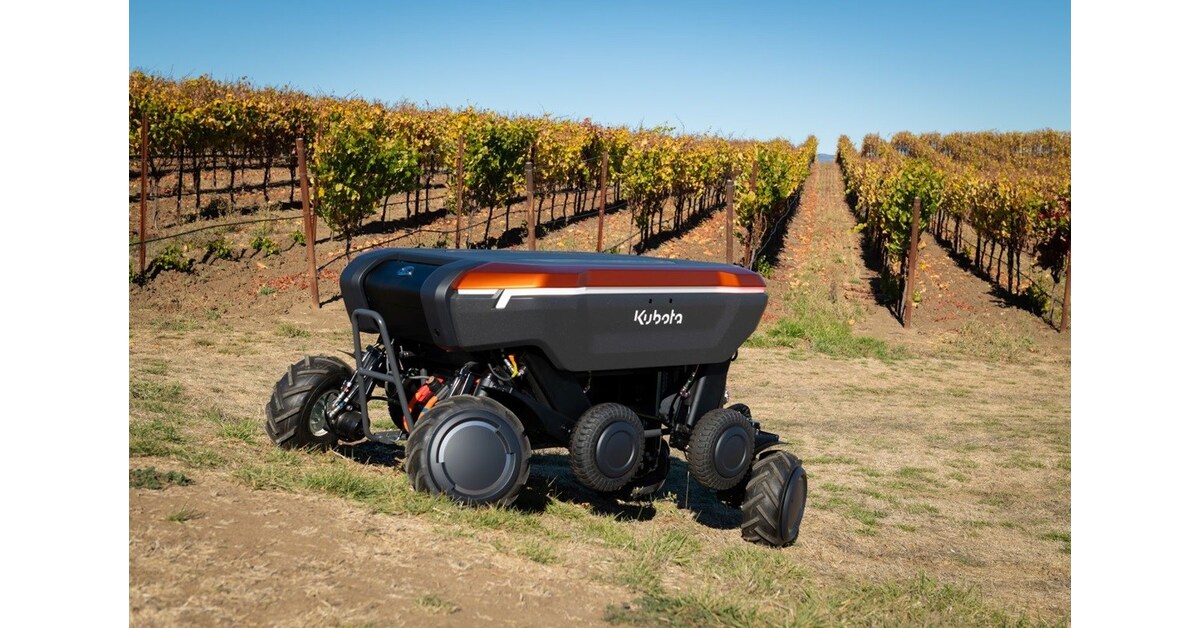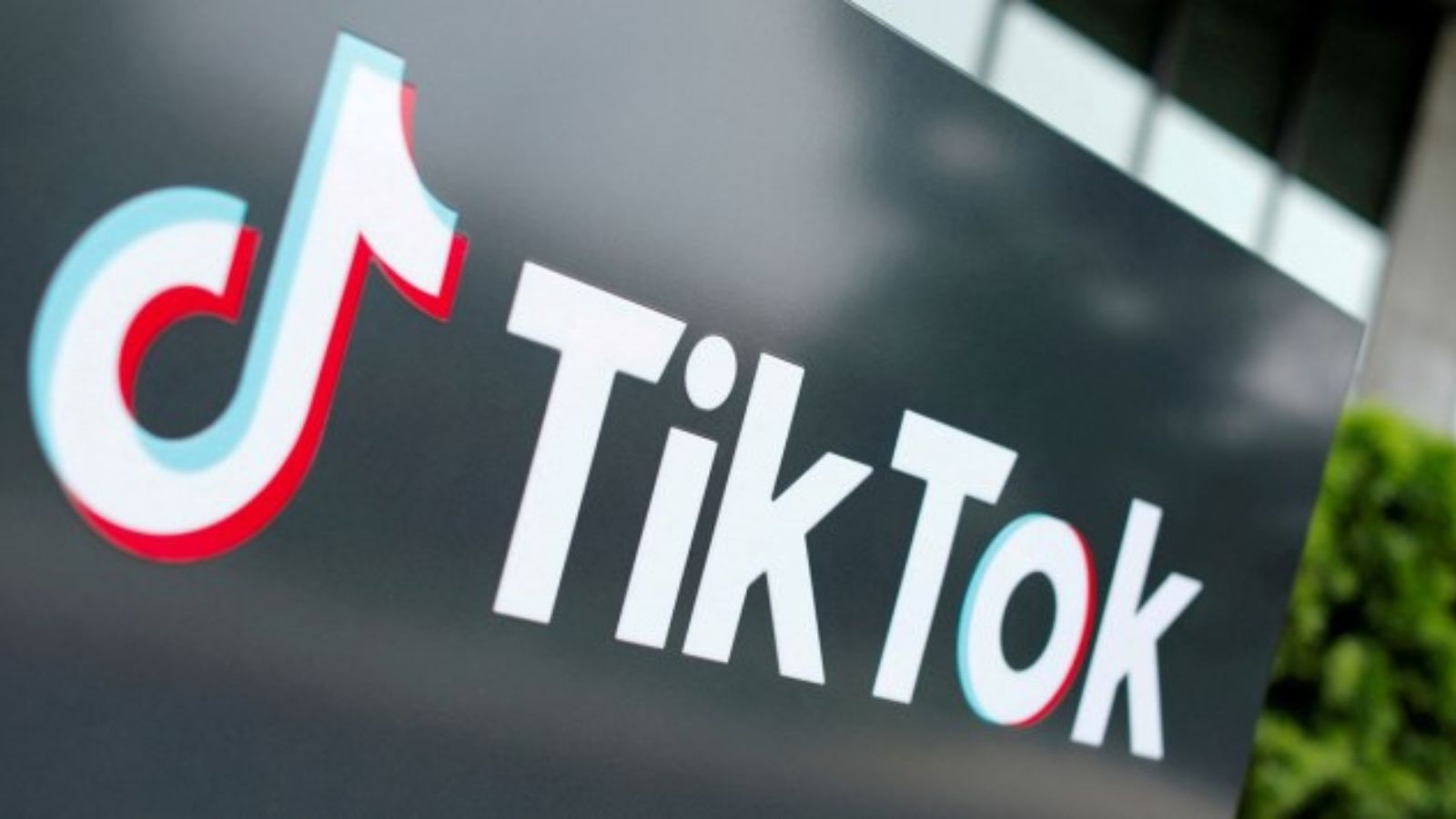- TECHSWU
- Posts
- TECHSWU
TECHSWU

Uber Unleashes New Safety Features: Audio Recording and Female Driver Options for Enhanced Security!
In a significant move towards enhancing passenger and driver safety, Uber has rolled out a new audio recording feature for trips, as highlighted in the latest Tech News Today update. This safety-focused upgrade not only allows for recording during rides but also introduces an option that enables female drivers to choose female riders, all while offering instant cashout options for seamless earnings.
Set against the backdrop of ongoing technological advancements, these features aim to cater specifically to Uber's large driver base in India, promising a more secure and personalized experience for all users.

Artificial intelligence (AI) has firmly established its presence in the workplace, with 75% of knowledge workers reportedly using AI tools, often without employer oversight. A recent report reveals that many employees, driven by curiosity and convenience, are downloading unapproved AI applications on their devices, highlighting a potential oversight for companies.
In a recent webinar by Bracewell LLP, experts Jonathon Hance and Amber Dodds explored the implications of AI's rapid integration into work environments. They stressed the importance of understanding which tools employees are using, the associated risks, and the changing legal landscape surrounding AI usage.
Organizations need robust policies and training programs to navigate employee AI use effectively, balancing the benefits with the potential risks. Ultimately, addressing AI's role in the workplace is crucial for improving employee morale and ensuring that companies harness its benefits while mitigating legal and operational challenges.


Artificial Intelligence (AI) is shaking up the fashion world in exciting ways! From trend prediction to personalized marketing, AI is transforming design processes and customer interactions while making everything more efficient. Leading brands like Nike are at the forefront, utilizing proprietary AI models to create tailored designs that resonate with customers.
However, the integration of AI also raises crucial legal challenges, particularly around intellectual property rights and compliance with evolving regulations. Businesses need to navigate these waters carefully to leverage the benefits of AI without running into legal issues.
As the fashion industry embraces virtual influencers and AI-generated content, understanding the complexities of this new landscape has never been more essential. With innovation comes responsibility, and staying informed will be key for companies looking to thrive in this AI-driven era.

At the Forecast 2025 event in New York City, radio industry leaders dissected key tech trends shaping the future of broadcasting. Senior Director Brian Comiskey spotlighted the crucial role of audience data, suggesting that radio is poised to harness this "arguably the best data in the world" to personalize content and engage listeners.
Comiskey argued that while AI can assist, radio's local connections give it a unique edge. He advised broadcasters to integrate their content into infotainment systems, aligning with the trend of vehicles as smart devices.
Collaborations, like the Sony-Honda partnership, exemplify the blending of audio content with automotive innovation. As competition with tech giants looms, Comiskey encouraged fostering innovation within teams, emphasizing that adaptability and data-driven strategies are essential for radio's evolution.
The future hinges on how effectively radio can leverage technology, enhance audience engagement, and cultivate unique community connections.
On November 5, the BYU Artificial Intelligence Association kicked off Campus AI Day, a vibrant networking event designed to connect students with AI professionals. Attendees explored groundbreaking AI applications like DonkeyChats, which enhances communication in relationships, and Passive Logic, a tool optimizing building energy efficiency.
A lively panel featuring industry leaders Andrew Carr, Jeremy Fillingim, and David Wingate delved into AI’s rapid evolution, discussing the balance of scaling AI capabilities with data availability. The experts emphasized the enduring importance of foundational skills in education, urging students to actively engage with real-world projects.
As the event wrapped up, Wingate posed a thought-provoking question about AI's potential impact on underserved communities, reminding attendees of their responsibility in shaping technology for the greater good. Campus AI Day not only showcased innovation but also inspired students to think critically about the future of AI in society.

The Artificial Intelligence in Education market is set for explosive growth, anticipated to reach a staggering USD 26.43 billion by 2032, with a remarkable compound annual growth rate (CAGR) of 37.
68%. This surge is fueled by cutting-edge AI technologies revolutionizing the educational landscape, from personalized learning platforms to smart tutoring systems that enhance student engagement and outcomes.
As institutions increasingly invest in AI solutions, the demand for adaptive learning experiences and instant feedback grows, spotlighting the need for innovative tools. North America leads the charge, thanks to robust tech infrastructure, while Asia-Pacific rapidly follows, driven by initiatives to improve digital education.
Prominent players like Google, IBM, and various startups are at the forefront of this transformation, forging partnerships that blend industry with academia to drive progress. With an ever-evolving landscape, the promise of AI in education is poised to reshape learning experiences worldwide.

In the battle for browser supremacy, Microsoft's Edge is ramping up its game to outshine Google Chrome by heavily integrating its AI assistant, Copilot. However, the tactics employed to entice Chrome users have sparked frustration instead of admiration.
With aggressive defaults that promote automatic data migration from Chrome, many users feel coerced rather than courted. Critics argue that Edge’s persistence—as it often reappears post-updates—might be pushing users further away rather than enticing them to switch.
While Microsoft claims these measures are intended to enhance user control, the response has been mixed, with many users craving the freedom to choose without pressure. As the competition heats up, Microsoft may need to rethink its strategy, allowing Edge to shine on its own merits rather than through heavy-handed persuasion.
The evolving dynamic between these tech giants keeps consumers on their toes and eager for what’s next in the tech arena.

The realm of fitness is stepping into the future with the booming market of virtual reality (VR) treadmills, projected to soar from $1.2 billion in 2024 to $1.
8 billion by 2025. Catering primarily to tech-savvy users aged 18-34, these innovative machines seamlessly blend physical exercise with immersive gaming experiences, drawing in a diverse demographic that includes 20% of users over 50.
With an array of models, from the pioneering Virtuix Omni to the compact Kat Walk C, options are tailored to various preferences and budgets. Users engage for an average of 45 minutes per session and partake in multiple workouts weekly, showcasing a growing enthusiasm for fitness gaming.
As advancements in technology continue, VR treadmills are poised to reshape how we exercise, offering not just a workout but a thrilling virtual adventure.

Kubota North America has been awarded the prestigious "Best of Innovation" title at the CES Innovation Awards® 2025 for its groundbreaking all-terrain robot, the KATR. This compact, four-wheeled marvel is designed to tackle demanding agricultural and construction tasks, even on uneven hills and slopes.
Featuring advanced stability control and innovative design, the KATR adjusts its platform to maintain balance, making it a game-changer for rugged environments. Its impressive load capacity of 284 lbs and versatile operation—capable of being powered by electric or combustion engines—demonstrate Kubota's commitment to enhancing productivity while catering to customer needs.
Recognized by a panel of industry experts, the KATR embodies Kubota's philosophy of excellence in engineering and commitment to sustainability.

TikTok has unveiled its groundbreaking AI-driven video marketing platform, Symphony Creative Studios, now available globally to advertisers. This innovative tool is designed to supercharge marketing campaigns by allowing businesses and creators to effortlessly create high-quality, engaging content tailored to their brand's needs.
From transforming text into captivating videos to generating digital avatars and facilitating easy edits, Symphony Creative Studios also includes a helpful virtual assistant to streamline the creative process. Launched at the TikTok World Product Summit earlier this year, this platform aims to attract brands and marketers looking to harness the power of generative AI in advertising.

Robocalls are wreaking havoc in our digital age, with an estimated 3.34 billion robocalls made just in December 2023 alone—about 17 calls per person in the U.
S. Despite government efforts to curb this surge, many still receive unwanted calls, and a staggering $65 billion was lost to phone scams last year! Young people are particularly at risk, as over half of scam victims are aged 18-44, with males being the most targeted demographic.
The prevalence of scam texts is also alarming, reaching nearly 1.13 billion in 2023.
While some regions see the volume of robocalls decline due to new technologies, challenges like AI-driven scams and compliance gaps remain significant hurdles. Solving this issue demands substantial investment in regulations, technology, and consumer education to reclaim our peace from the incessant clamor of robocalls.

